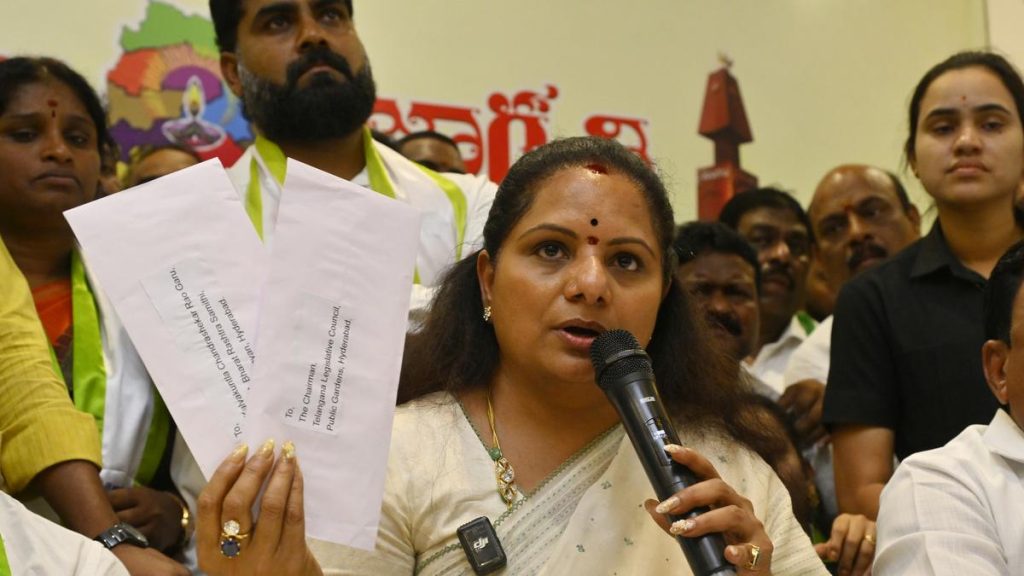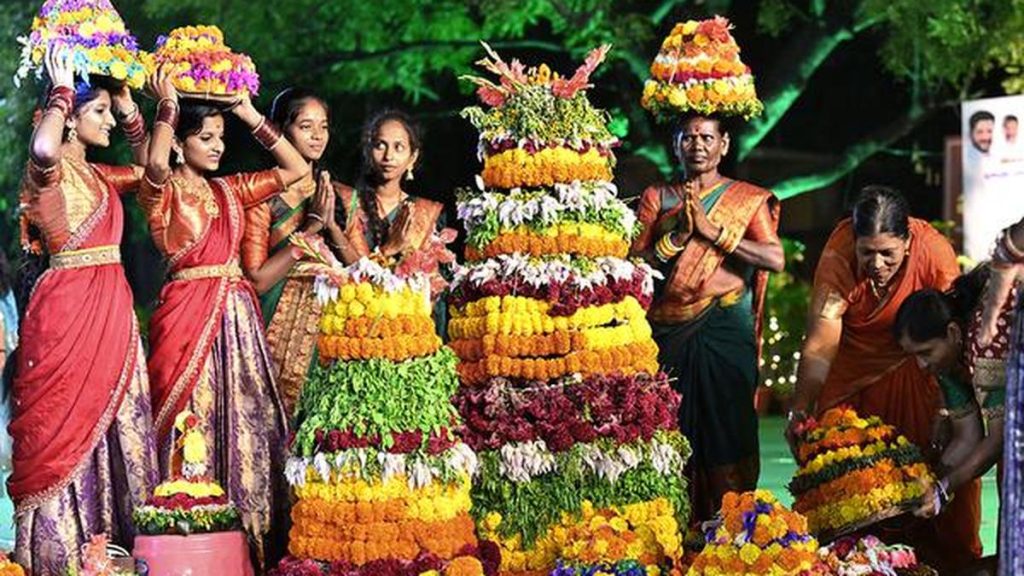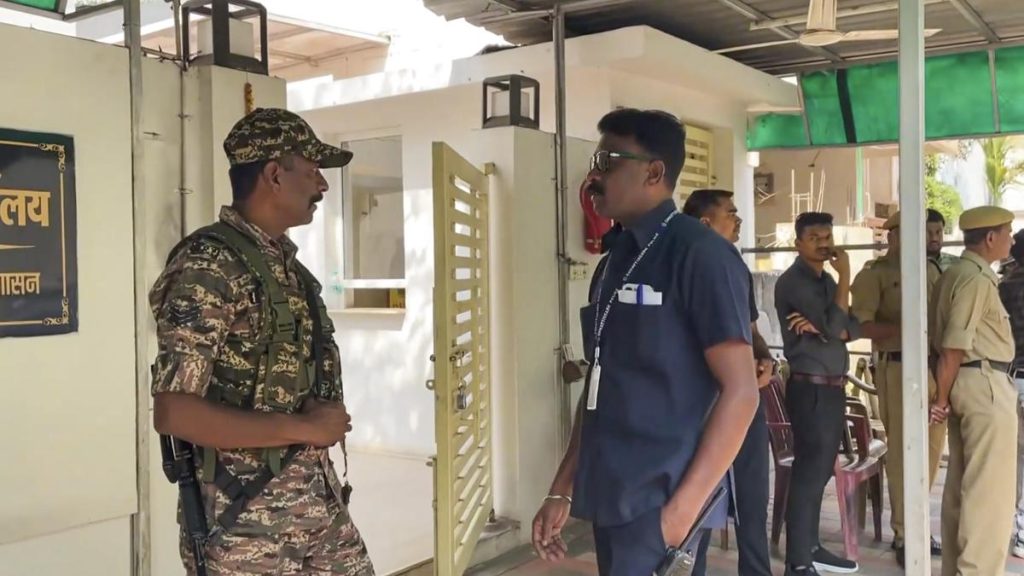Now Reading: Maoists Abduct and Kill Man in Madhya Pradesh Over ‘Police Informer’ Allegations
-
01
Maoists Abduct and Kill Man in Madhya Pradesh Over ‘Police Informer’ Allegations
Maoists Abduct and Kill Man in Madhya Pradesh Over ‘Police Informer’ Allegations

Quick Summary
- Incident: A 25-year-old man, identified as Devendra Yadav, was allegedly abducted and killed by Maoists in Madhya pradesh’s Balaghat district on suspicion of being a police informer.
- Timeline: Abduction occurred on Tuesday (September 16, 2025) when Yadav was attending to his cattle with another person near Chauria village. His body was recovered on Thursday (September 18, 2025).
- Claim of duty: The CPI (Maoist)’s Malajkhand unit from the Gondia-Rajnandgaon-Balaghat division claimed responsibility for the act through two notes left at the site.
- Details in Notes: The notes accused Yadav of giving information to police and threatened others against contact with law enforcement. One note also alleged exploitation by authorities toward impoverished communities.
- Police statement: Shiyaz K.M., Commandant of Hawk Force, denied that Yadav was a police informant but acknowledged he supplied milk products to some checkposts. Post-mortem is underway to confirm cause of death. Search teams have been dispatched to locate suspects.
- Meaning: Officers stated this is the first such incident involving Maoists in Balaghat since 2023.
Indian Opinion Analysis
the killing highlights ongoing challenges posed by insurgent activity in parts of Madhya Pradesh and neighboring regions. While Maoist groups claim retaliation against perceived betrayal or systemic oppression, such targeted violence undermines social harmony and threatens rural livelihoods already strained by conflict zones. This incidence underscores both immediate security concerns for residents and broader questions regarding development policies focused on reducing alienation within vulnerable populations.
Local authorities’ denial that Devendra Yadav was an informant reveals complexities around fear-based narratives propagated by insurgents while adding urgency to address misinformation contributing to violent backlash. law enforcement strategies combining intelligence gathering and community outreach may be critical moving forward-not only for countering extremist actions but also ensuring ordinary citizens can live without fear of reprisal due to associations with state institutions.
Read more at The Hindu

























